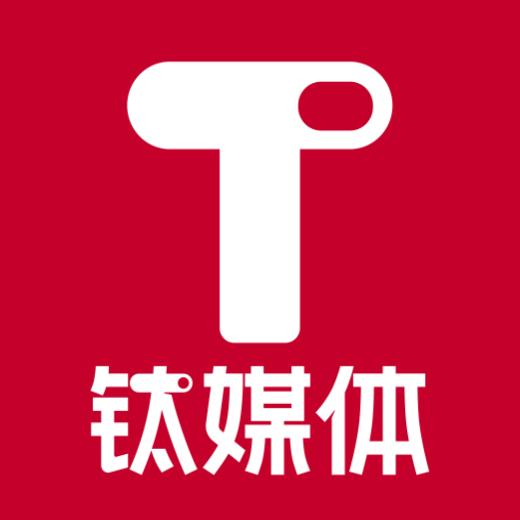TMTPost -- China issues serious warnings against the upcoming U.S. rule to impose investment curbs on high-tech industries including artificial intelligence (AI).

Credit:Xinhua News Agency
China firmly opposes the US's final rules on investment restrictions on China, and has lodged solemn representations to the United States while reserving the right to take measures in response to the restrictions, a spokesperson with China’s Ministry of Commerce (MOFCOM) said on Wednesday, according to website of the ministry.
The U.S. government overstretches the concept of national security by introduction of discriminatory investment restrictions on China, which is a typical practice running counter to market economy principles, said the spokesperson, noting a majority of industries that are subject to the latest U.S. restrictions including chip, AI and quantum computing do not pose threat to national security.
The spokesperson warned the U.S. rule will disrupt the normal economic and trade cooperation between Chinese and American companies and hurt the interests of businesses in both countries. The person pointed out China saw many American industry associations and companies have claimed that U.S. investment restrictions on China will force American businesses to give up the Chinese market to competitors from other countries, seriously damaging the U.S. own interests.
The spokesperson called for the U.S. to respect the rules of a market economy, identify the red line of national security in international trade and economy, stop the politicization or weaponization of trade and commerce issues, so as to create a good environment for Sino-US economic and trade cooperation.
The spokesperson’s warning came on heels of the final rules that will limit U.S. investments in artificial intelligence and other technology sectors in China that could threaten U.S. national security.
The U.S. Department of the Treasury (Treasury) issued Monday a final rule (Final Rule) to implement implement an executive order signed by U.S. President Joe Biden in August last year. The executive order, titled “Addressing United States Investments in Certain National Security Technologies and Products in Countries of Concern” (the Outbound Order) was widely deemed as the new effort to prevent technologies and money from the United States flowing to China.
Through the order, Biden directed Janet Yellen, the Secretary of the Treasury, to issue regulations that (1) prohibit U.S. persons from engaging in certain transactions involving certain technologies and products that pose a particularly acute national security threat to the United States and (2) require U.S. persons to notify the Treasury department of certain other transactions involving certain technologies and products that may contribute to the threat to the national security of the United States.
The technologies and products relevant to the prohibition and notification requirement are identified in the Outbound Order as semiconductors and microelectronics; quantum information technologies; and AI. The Final Rule issued Monday provides details on the subsets of technologies and products within the three sectors identified in the Outbound Order and fully implements a new program that will help address the advancement of key technologies and products by countries of concern that may use them to threaten U.S. national security.
“AI, semiconductors, and quantum technologies are fundamental to the development of the next generation of military, surveillance, intelligence and certain cybersecurity applications like cutting-edge code-breaking computer systems or next generation fighter jets. This Final Rule takes targeted and concrete measures to ensure that U.S. investment is not exploited to advance the development of key technologies by those who may use them to threaten our national security,” said Paul Rosen, Assistant Secretary for Investment Security.
The Final Rule will become effective on January 2, 2025, and relevants new rules, or Outbound Investment Security Program, will be administered by the newly created Office of Global Transactions, within Treasury’s Office of Investment Security.


























热门跟贴